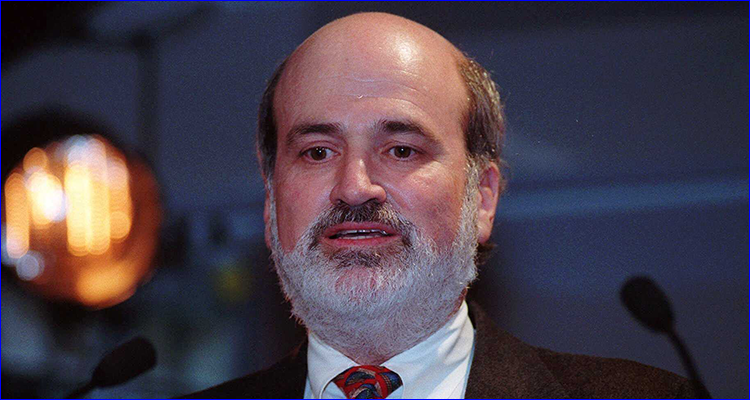


Although Malick won't be able to attend the ceremony and the viewing of his latest movie, A Hidden Life, family members will be there to accept the honor, said David Kimball with Circle Cinema in Tulsa.
The event and the movie are set for 7 p.m. Dec. 12 at the Circle Cinema.
Kimball said Bartlesville residents will receive free popcorn for making the trip.
"We've shown most of his films here," Kimball said.
The movie has been nominated for best feature at the Spirit Awards, which will be held the day before the Academy Awards, he said.
"He has a distinct directing and writing style. You can't compare him to other directors. His movies really stand on their own," he said.
"We wanted to honor his contributions to film and honor his connection to Bartlesville."
Based on real events, A Hidden Life is the story of an unsung hero, Franz Jägerstätter, who refused to fight for the Nazis in World War II. When the Austrian peasant farmer is faced with the threat of execution for treason, it is his unwavering faith and his love for his wife, Fani, and children that keeps his spirit alive.
The former home of Academy Award nominated director of Badlands and Thin Red Line, Malick was born the son of an Assyrian geologist in Illinois in 1943.
Malick's work has been described as "guerrilla filmmaking on an epic level."
Malick lived in Bartlesville at some point and he went to school in Austin, Texas. According to online sources, he attended college at perhaps Harvard and also at Magdalen College.
Sources say, he did his undergraduate work at Harvard, graduating summa cum laude with a degree in philosophy in 1965.
A member of the Phi Beta Kappa honor society, he attended Magdalen College, Oxford on a Rhodes scholarship, but did not finish his thesis on Martin Heidegger, allegedly because of a disagreement with his advisor. Returning to the States, he taught philosophy at MIT and published a translation of Heidegger's "Vom Wesen des Grundes" as "The Essence of Reasons." Malick did not get doctorate in philosophy, instead, he attended the American Film Institute Conservatory in its inaugural year in 1969, taking a masters of Fine Arts degree in film-making. His master's thesis was the seventeen-minute comedy short Lanton Mills in 1969, which starred Warren Oates and Harry Dean Stanton. Malick himself acted in the short film.
At AFI, Malick made a lasting association with Jack Fisk, who would establish himself as an Oscar-nominated art director and production designer and serve as art director on all of Malick's films. He also picked up Mike Medavoy as an agent, who got Malick work doctoring scripts and marketed his original ones.
He wrote the screenplay for the 1972 Alan Arkin trucker movie Deadhead Miles in 1972, which was many miles from Harvard let along Oxford, and for the 1972 Paul Newman-Lee Marvin contemporary Pocket Money another departure from fields of academia. Deadhead Miles was dumped by Paramount and Pocket Money, despite being headlined by two Top Ten Box Office stars, flopped. It was an inauspicious start to a legendary career, but it influenced Malick to begin directing his own scripts.
His first two films were the now critically acclaimed Badlands and Days of Heaven. He then took a self-imposed retirement of nearly two decades from film-making before lensing his 1998 adaptation of James Jones's The Thin Red Line, which was nominated for seven Academy Awards, including nods for Malick for directing and adapted screenplay.
Adopting a Kubrickian pace of movie-making, he directed The New World and the autobiographical The Tree of Life with gaps of only seven and six years, respectively, between release. However, he reportedly was working on ideas for "The Tree of Life" since the late 70s, including exposing footage that found its way into his finished film.
In an unprecedented burst of productivity, he shot his next four films, To the Wonder, Knight of Cups, an as-yet unnamed drama and the cosmic documentary Voyage of Time: Life's Journey back-to-back during and immediately after completing the long editing process of Tree of Life.
Like Stanley Kubrick, Malick usually takes well over a year to edit his films.

or register to post a comment.